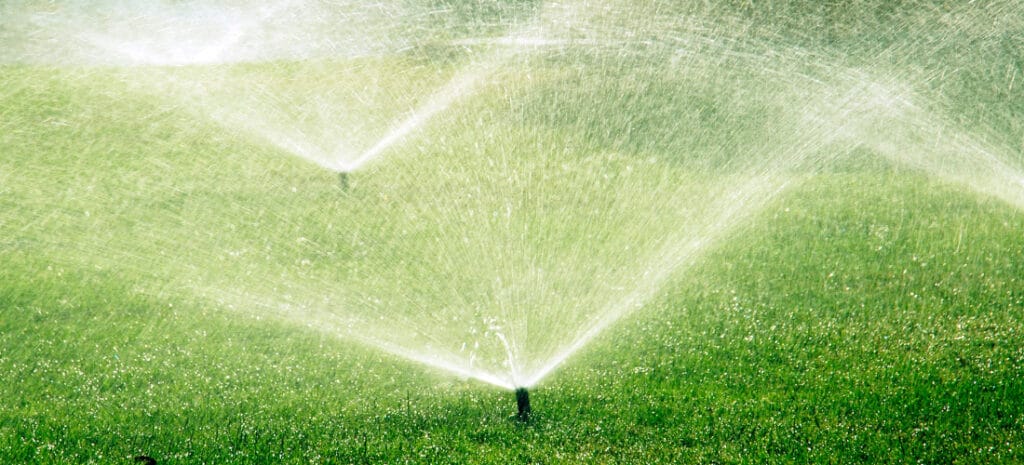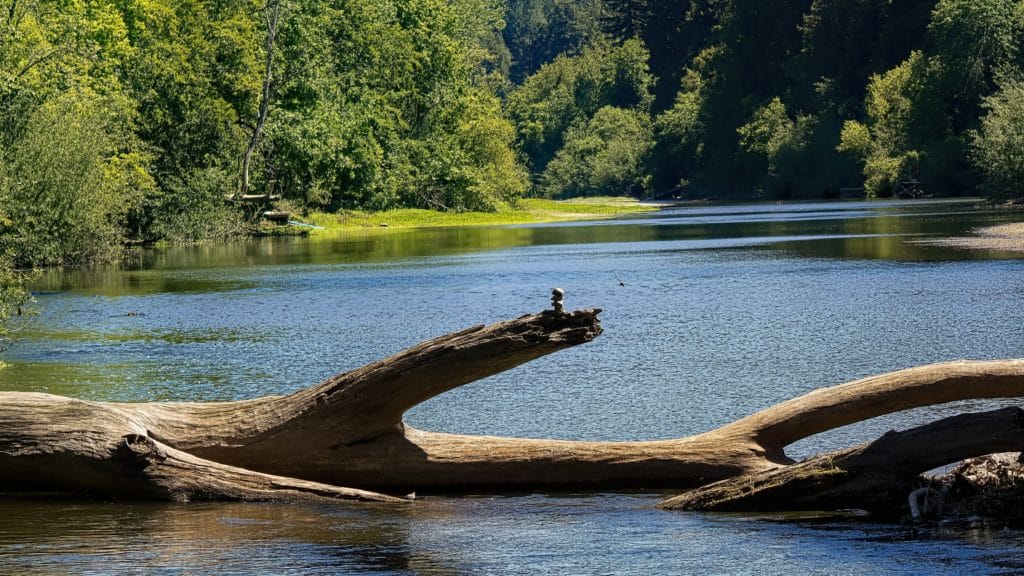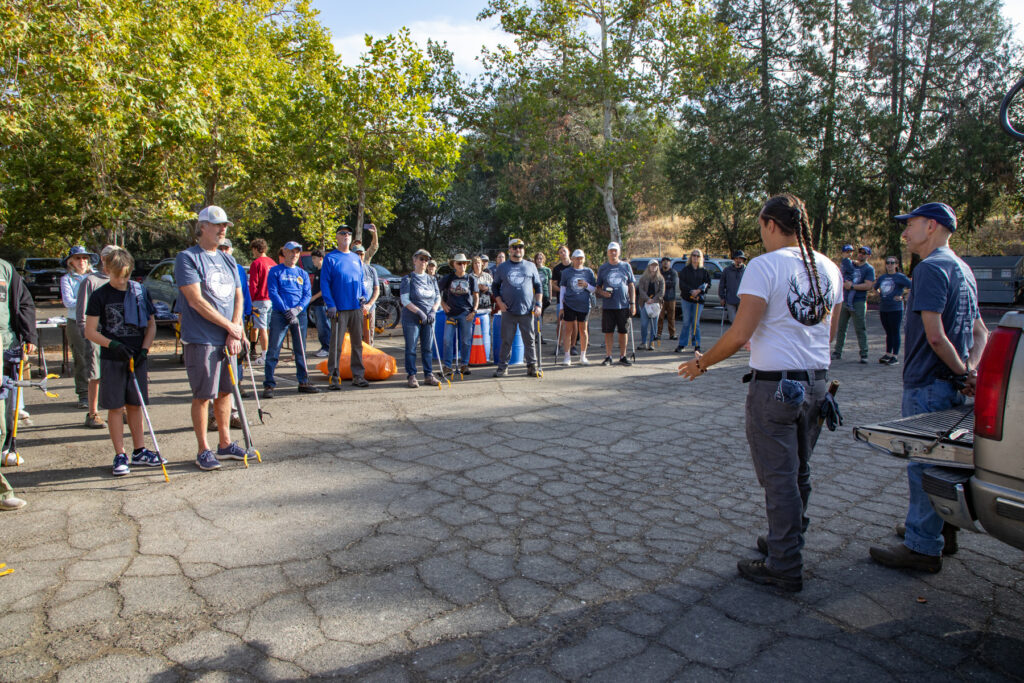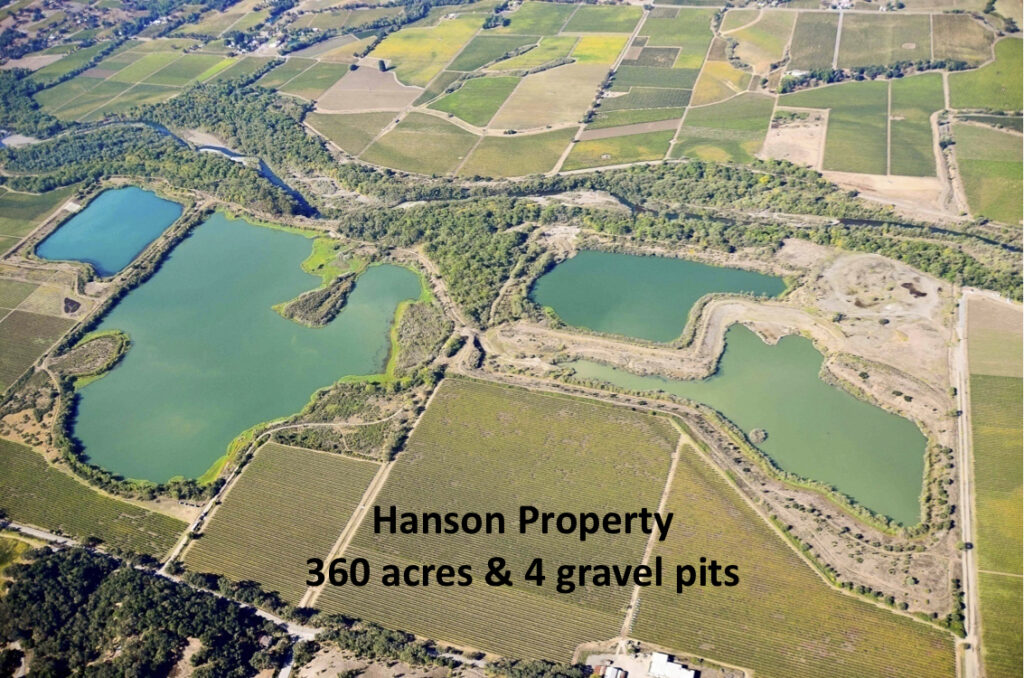Goodbye 2020, hello 2021! Feels so good to say that even if really it is just another day, in another month. Needless to say, 2020 was rough for all of us. Turns out though, it was not all bad as we were able to use this past year to help better position ourselves for some big issues mounting in our watershed. As a result, we are now ready to use our built momentum to hit the ground running in 2021—off to healthier waters!
For instance, this next year we plan to make heathy river management in our watershed a top priority for all water right holders, water users, and water regulators. Current water practices are not sustainable long term with Lake Mendocino already at precarious 2015 drought levels, and we must face the stark realities of climate change in our region. There is no time to be reactive during these challenging climate events. Instead, we must be proactive by implementing and following a watershed-wide, Demand Management Plan that puts water storage, conservation, and the environment at the forefront of all water decisions. We will collaborate and work with local stakeholders and water right holders to formulate an effective plan that ensures our limited water resources are no longer wasted and used unreasonably. This will require necessary adaptations by all aspects of our society, but by addressing the risks now, we will all be better prepared to handle these challenges as they continue to come at us.
We also plan to actively participate in the re-opening of Sonoma Water Agency’s EIR Process for water flow in the Russian River. As part of this process, we will push for an update to the existing hydrological index under D1610 so that it accurately reflects the current conditions of the Russian River Watershed. To properly manage our water resources, be it for drinking, our protected salmon or recreation, the rules and guidelines we follow must be able to adapt to changes in our climate, local landscape, technology, and applicable science. Without adaptive management techniques, our water managers are confined by historical differences that may no longer make sense in today’s world. By regularly updating our local processes to reflect today’s evolving realities, our region will be able to tackle the growing issues that stem from hotter temperatures and reduced annual precipitation.
Last but not least we will continue our work to move environmental policy forward, ensure that effective permits are being issued and subsequently enforced, and all the other “surprises” that may arise during the year. As part of this, we hope to expand our efforts to draw attention to the intersection between the River’s health and our local marine protected areas. For too long, regulators have treated our freshwater and marine ecosystems as their own separate systems despite the fact that the health of our freshwater systems heavily influences our coastal health as well. We hope to guide this transition in looking at our watershed as a whole, and ensure that decisions made upstream are not only protective of our River’s health, but also our marine areas.
We look forward to sharing our progress with you on these and other issues throughout the year, and hope you will help engage with us as we continue our work to protect the Russian River Watershed. As the proverb goes, it takes a village to raise a child or as we like to say, it takes a village to protect our River. While 2020 is a year we will never forget, it is now time for us to look forward to the light at the end of the tunnel that is hopefully 2021. Happy New Year!






